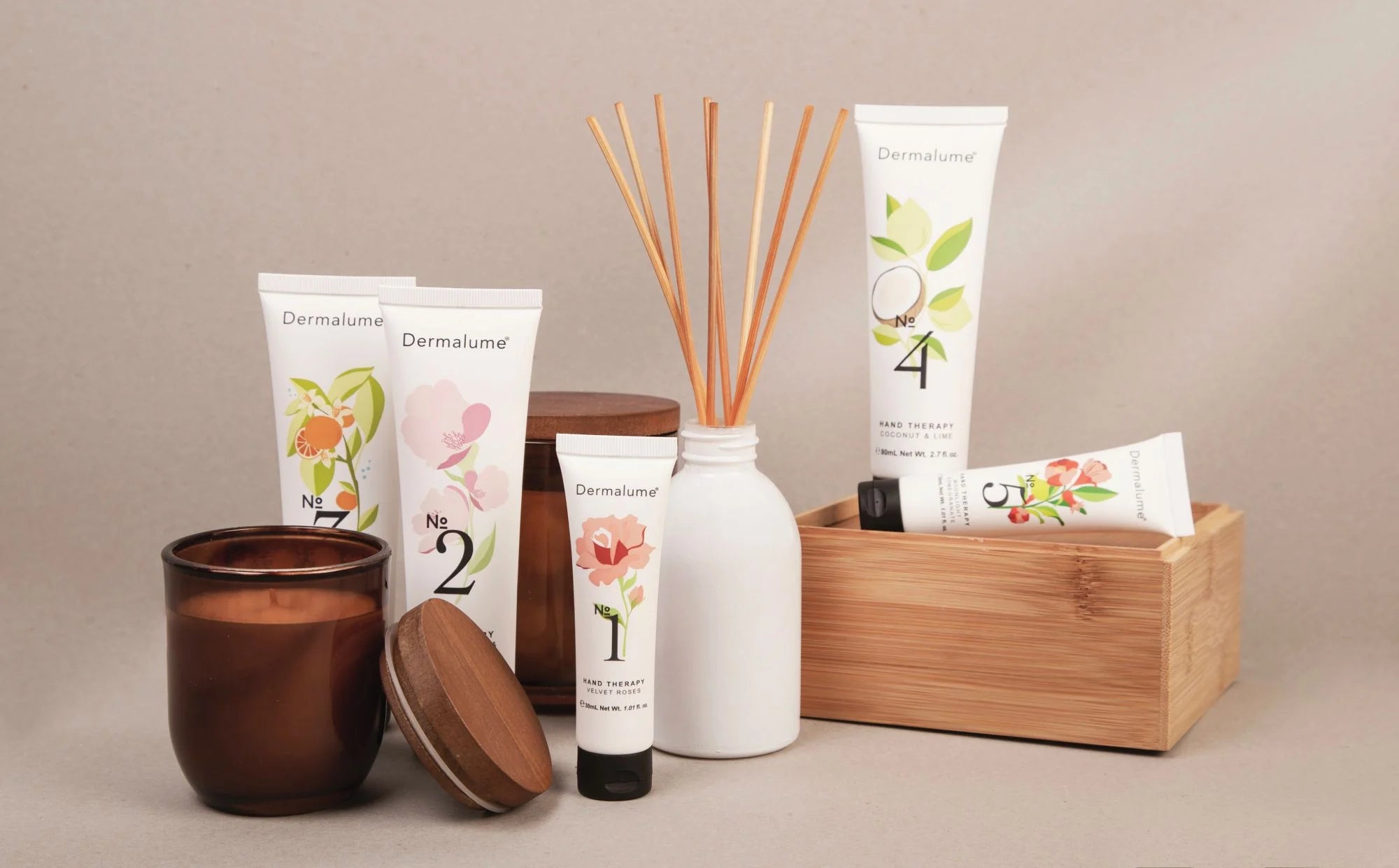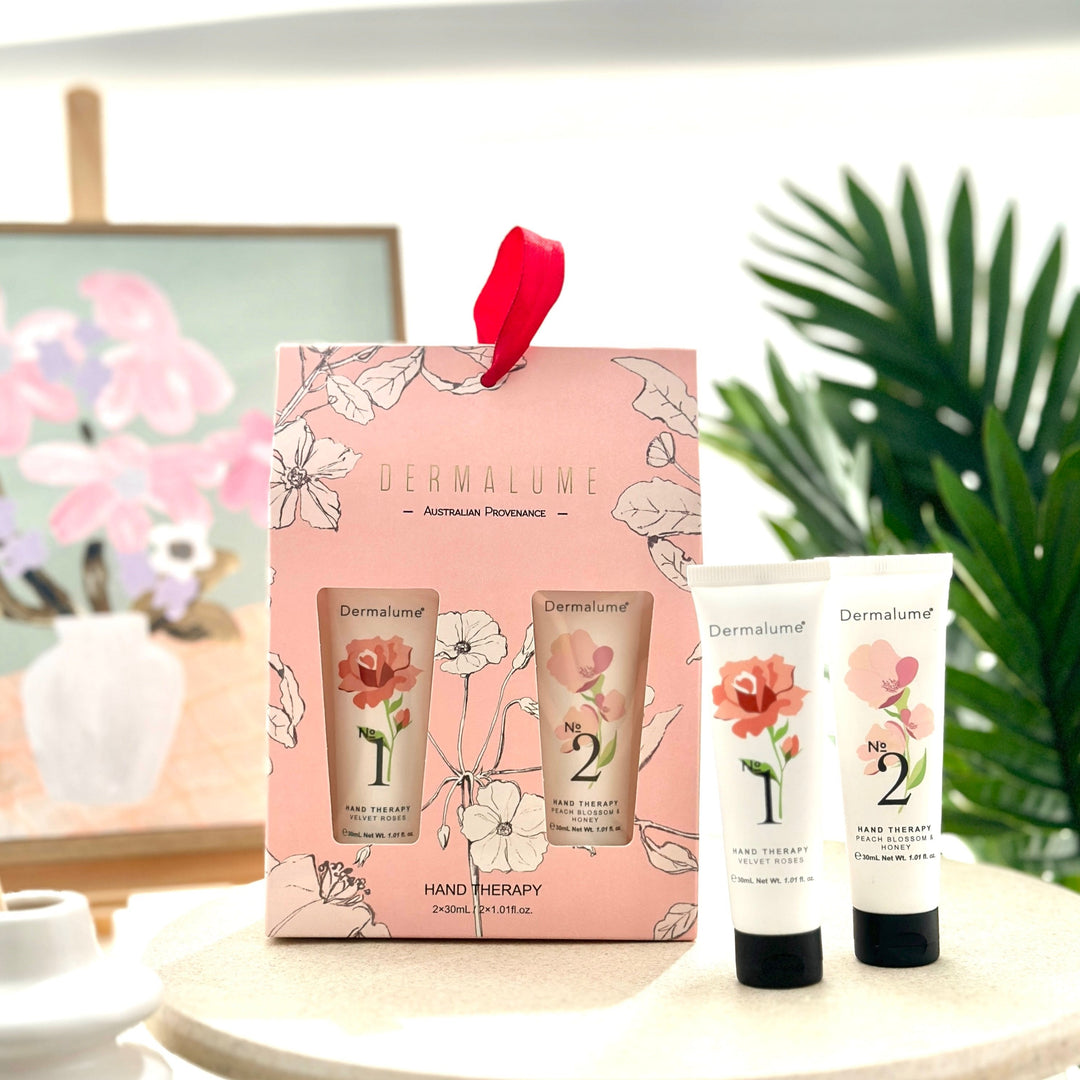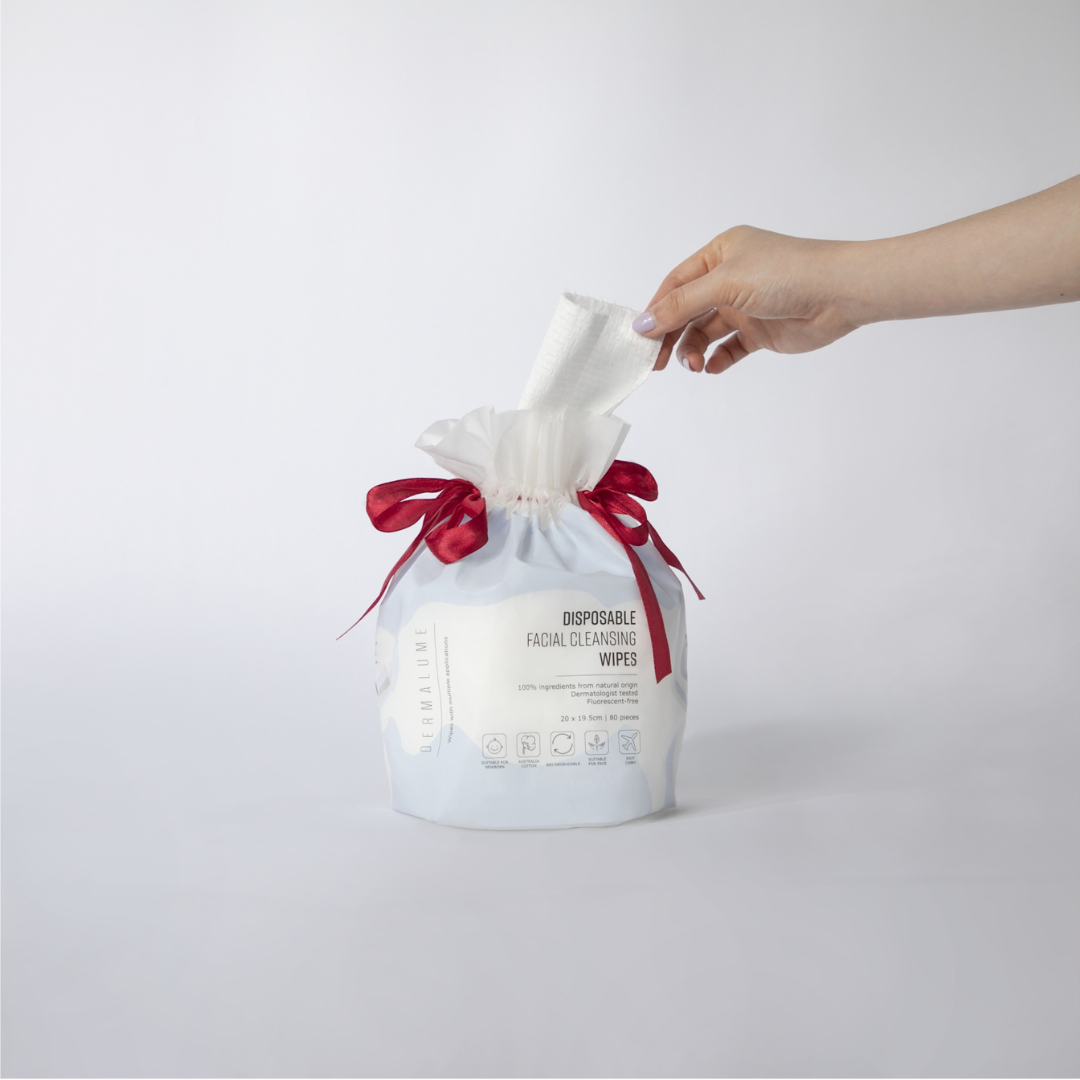How often should I use face masks
When it comes to skincare, face masks have become an essential part of many people's routines. These beauty treatments offer a variety of benefits, from hydrating and nourishing the skin to deep-cleansing and detoxifying. The allure of face masks lies not only in their ability to provide immediate results but also in their versatility. They can be customized to address specific skin concerns, making them a valuable tool in any skincare arsenal. But a common question that arises is, "How often should I use face masks?" The answer isn't one-size-fits-all. Various factors, such as skin type, lifestyle, and the specific needs of your skin, play significant roles. Let’s delve deeper into the benefits of face masks, the different types available, and how often you should be using them for the best results.
The Benefits of Using Face Masks
Face masks are more than just a skincare trend; they offer a multitude of benefits that can improve the overall health and appearance of your skin. These benefits can be tailored to meet individual skin needs, making them an integral part of a personalized skincare routine. Here are some key benefits:
- Deep Cleansing: Masks can help remove impurities, dirt, and excess oils that regular cleansing might miss. This deep cleansing action helps prevent breakouts and leaves the skin feeling fresh and rejuvenated. For those living in urban areas, masks can be particularly beneficial in combating the effects of pollution on the skin.
- Hydration: Many masks are designed to provide intense moisture, helping to keep the skin soft and supple. Hydrated skin is not only healthier but also more resilient against environmental stressors. Regular hydration through masks can also help reduce the appearance of fine lines and wrinkles over time.
- Nourishment: Masks can deliver concentrated doses of nutrients and antioxidants directly to the skin. These nutrients can help repair damage caused by environmental factors like UV rays and pollution. Antioxidant-rich masks can also help combat free radicals, which are known to accelerate the aging process.
- Relaxation: Taking time to apply a mask can be a great way to relax and take care of yourself. The ritual of applying a face mask can serve as a moment of mindfulness, providing mental relaxation and reducing stress, which also benefits skin health.
- Improved Skin Texture: Regular use of masks can lead to smoother, more even-toned skin. By promoting cell turnover and removing dead skin cells, masks can enhance the skin's natural glow and make makeup application smoother.
Types of Face Masks
Not all face masks are created equal. Different masks serve different purposes and are suitable for different skin types. Understanding the various types can help you choose the right mask for your specific needs. Here are some common types:
There are several types of face masks available, each designed to cater to different skin concerns and types. For instance, hydrating masks often contain ingredients like hyaluronic acid or glycerin, which help to draw moisture into the skin, making them ideal for dry or dehydrated skin types. Exfoliating masks, on the other hand, typically include alpha or beta hydroxy acids that help to slough off dead skin cells, revealing a brighter and smoother complexion. Additionally, there are peel-off masks that provide a satisfying removal process while delivering various benefits, such as tightening and firming the skin. Understanding these options allows you to select the most effective mask for your specific skincare needs, ensuring that you achieve the best possible results.
Clay Masks
Clay masks are excellent for oily and acne-prone skin. They absorb excess oil, unclog pores, and detoxify the skin. These masks are particularly beneficial for controlling shine and preventing breakouts, making them ideal for adolescents and adults alike. However, they can be drying, so they're best used once a week. To mitigate dryness, follow up with a hydrating moisturizer.
Sheet Masks
Sheet masks are soaked in a serum that provides hydration and nourishment. They are suitable for all skin types and can be used 2-3 times a week for a quick boost of moisture. Their convenience and efficacy make them a popular choice for busy individuals. Sheet masks are also great for travel, offering instant skin rejuvenation after flights or exposure to different climates.
How Often Should You Use Face Masks?
The frequency of using face masks depends on several factors, including your skin type, the type of mask, and your skin concerns. It's important to listen to your skin and adjust your routine as needed to avoid overuse and irritation.
For Oily or Acne-Prone Skin
If you have oily or acne-prone skin, you might benefit from using clay masks once a week to control oil and prevent breakouts. These masks help keep pores clear and reduce the likelihood of acne flare-ups. Incorporating a hydrating or soothing mask mid-week can help balance the skin and prevent it from becoming overly dry.
For Dry or Sensitive Skin
Dry or sensitive skin types should focus on hydration and nourishment. Using cream or gel masks 2-3 times a week can help maintain moisture levels and soothe the skin. These masks provide a protective barrier against environmental irritants, helping to prevent redness and sensitivity.
For Combination Skin
Combination skin can benefit from multi-masking, where different masks are applied to different areas of the face. Use a clay mask on oily areas and a hydrating mask on dry areas, balancing the routine 1-2 times a week. This tailored approach ensures each area of your face receives the care it needs without causing imbalances.
For Normal Skin
If you have normal skin, you can enjoy the flexibility of mixing and matching masks based on your skin's needs. Using a face mask 1-2 times a week can help maintain your skin's health and glow. Normal skin can benefit from a variety of masks, allowing you to address specific concerns as they arise, such as post-sun exposure or dullness.
Australian Natural Face Masks
Unlike conventional face masks, Dermalume uses naturally-derived ingredients sourced from Australia’s pristine environment. Think of eucalyptus-kissed forests, mineral-rich clays, wild-harvested botanicals, and native extracts that have been cherished for centuries. Every mask is a sensory journey—nourishing, gentle, and deeply restorative.
The Magic Formula Behind the Glow
So, what’s in the formula? Here’s a glimpse of the natural alchemy behind Dermalume’s beloved face masks:
1. Australian Kaolin Clay
A gentle yet powerful detoxifier, kaolin clay draws out impurities and excess oil without stripping your skin’s natural moisture. Perfect for sensitive and combination skin types.
2. Kakadu Plum Extract
Packed with the highest concentration of Vitamin C on earth, Kakadu Plum brightens skin tone, boosts collagen production, and fights free radicals—leaving your skin radiant and youthful.
3. Tea Tree Oil
Known for its anti-inflammatory and antimicrobial properties, tea tree oil helps calm redness, fight acne, and purify pores.
4. Witch Hazel
This gentle botanical soothes irritation, tightens pores, and restores your skin’s natural balance.
5. Aloe Vera & Chamomile
Soothing and hydrating, this duo comforts the skin, reduces inflammation, and leaves your face soft and dewy—like morning light after rain.
Why Choose Dermalume?
- 100% Natural Ingredients
- Cruelty-Free & Vegan
- Dermatologically Tested
- Made in Australia
Eco-Conscious PackagingTips for Using Face Masks
- Cleanse First: Always start with a clean face to ensure the mask can penetrate effectively. Removing makeup and dirt allows the active ingredients in the mask to work more efficiently.
- Follow Instructions: Each mask has specific instructions. Follow them for best results. Pay attention to recommended application times to avoid potential irritation or dryness.
- Avoid Overuse: Too much of a good thing can be harmful. Stick to the recommended frequency to avoid irritation. Overusing masks can disrupt the skin's natural barrier and lead to sensitivity.
- Moisturize After: Follow up with a moisturizer to lock in the benefits of the mask. This step is crucial to maintain hydration and protect the skin from external factors.
Conclusion
Face masks are a wonderful addition to any skincare routine, offering targeted benefits to enhance your skin's health and appearance. By understanding your skin type and choosing the right masks, you can maximize their benefits. Whether you're indulging in Australian natural face masks or experimenting with different types, remember that consistency and moderation are key. Enjoy the process, and let your skin reap the rewards. Embrace the versatility and benefits of face masks, and allow them to become a staple in your journey toward healthier, more radiant skin.




Leave a comment